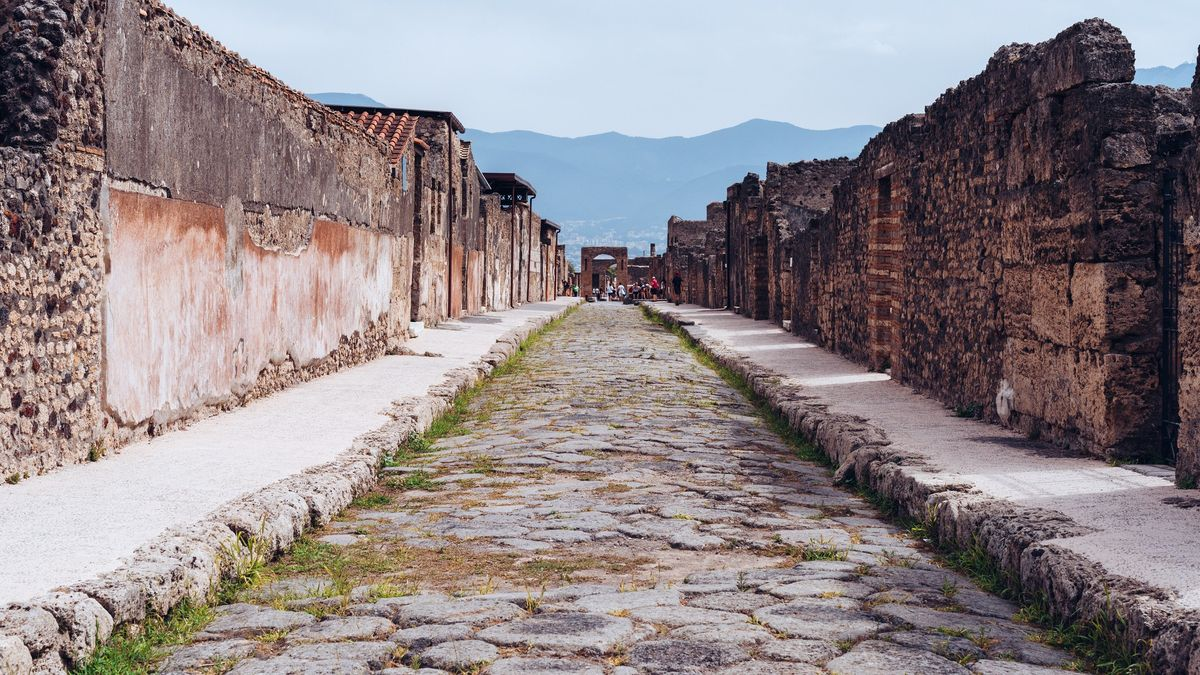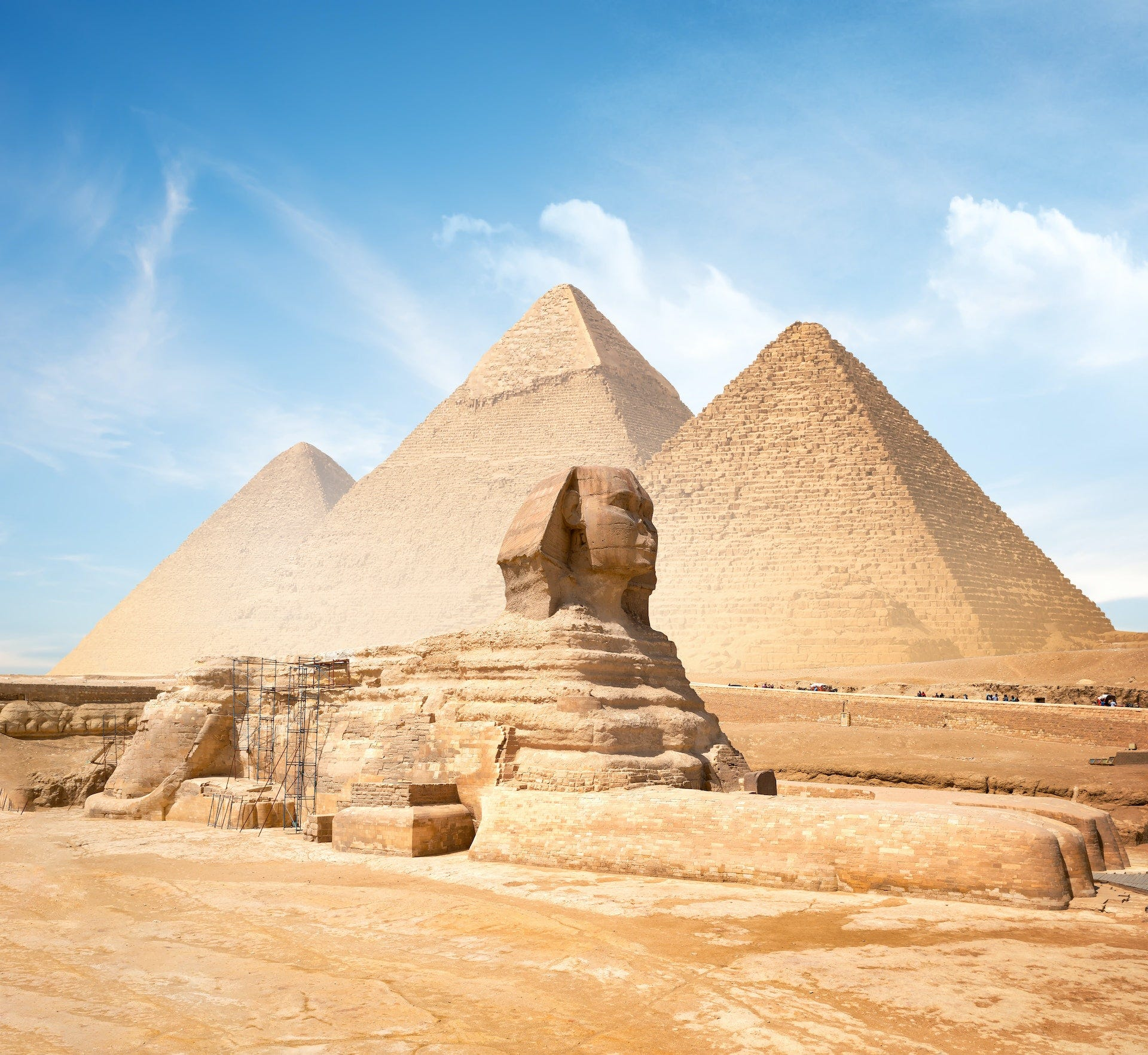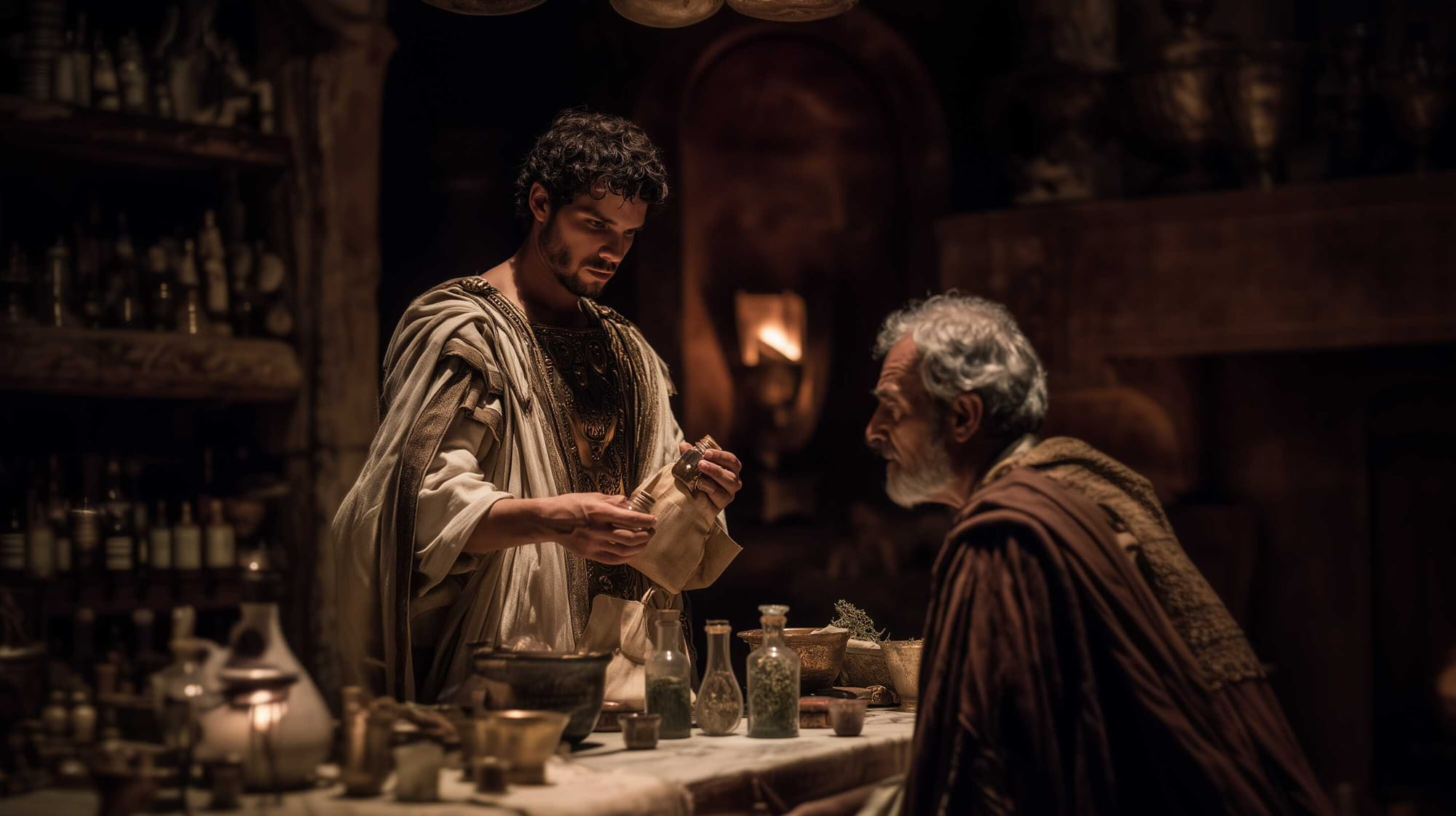The political and diplomatic "blunder" of the British Prime Minister, Rishi Sunak, to cancel his meeting with Greek Prime Minister Kyriakos Mitsotakis strengthens the Greek position for the return of the Parthenon Marbles, according to a report by the Guardian.
As the British media reports, an air of optimism permeates the Acropolis Museum, and this air comes from Britain.
In a week in which the controversy over the fifth-century BC antiquities broke out with new vigour, the facts of a conflict that has been going on for years changed significantly. That's why Nikos Stampolidis, a classical archaeologist by profession and for the last two years the director of the Acropolis museum, said: "It's been a great week," he told the Observer. I think it's fair to say that things are looking up and in our favor. I am optimistic, very optimistic.”
Returns that point the way
In the past 24 months, Greece's effort to reunite the treasures, which were bought from the British Museum in 1816 by the bankrupt Lord Elgin, who himself acquired them under circumstances considered controversial at best, had already developed in ways that neither Mr. Stambolidis would dare to imagine, the Guardian points out.
How the Parthenon Marbles came to be in the British Museum
First came the return from Palermo, Italy, of Fagan's fragment, a repatriation from one state to another of the monumental frieze that once adorned the Parthenon, the iconic temple on the Acropolis, built to honor the goddess Athena.
Then came the "donation" of three more pieces from the Vatican: pioneering moves in the campaign to restore the treasures to the place of their birth. "But there was something else," said the director. "That great change in public feeling in Britain could not pass unnoticed."
A gift for the Greek side, Sunak's "blunder"
In Athens, the outcry that followed the sudden cancellation of talks between the British prime minister and his Greek counterpart is considered manna from heaven. For Greek officials, it is pointed out that Sunak's diplomatic "blunder" not only backfired on him but was an unprecedented boon for a campaign that, overnight, received more global publicity than at any other time.
In fact, the publication makes special mention of the famous presenter, Piers Morgan, who, despite long supporting the marbles' stay in London, came to the conclusion last week that it was time "for this great art to be reunited with its natural environment."
Mitsotakis' argument, made in a BBC interview two days before his meeting with Sounac, that keeping the antiquities separate was tantamount to cutting "the Mona Lisa in half" was very "persuasive"” Morgan admitted.
The tie of King Charles
But King Charles' decision to wear a Greek flag tie as he delivered his opening speech at the COP28 climate summit on Friday had a more resonant impact, sealing any doubt that the controversy had benefited Athens. The monarch's choice of clothing sent a "clear message."” On his last official trip to the country where his father was born, Charles confessed to having a "deep connection" to all things Greek and spoke of his "Greek blood."”
"No amount of money that the Greek government could throw at the campaign would help that much," Irini Stamatoudi, a professor of cultural heritage law at the University of Nicosia, told the Guardian.
"At first, it was difficult to understand why the leader of a country with such a tradition of dialogue avoided discussion with Mitsotakis," he said, adding that in the 30 years he has been advising governments in Athens, he had never seen such interest in an issue so integral to the Greek identity. “But then it became very clear that what had happened had put the debate back on the table.
The marble claim is the oldest return claim in the world. At a time when so many in the UK are now supporting it, people are starting to ask, 'why?'
The British Museum's role
Greece was very clear, said Ms. Stamatoudi. He wanted nothing more than the pieces that once adorned the masterpiece that is the Parthenon.
The Anglo-Greek tensions will subside over time. Prime Minister Kyriakos Mitsotakis says he wants to leave Sunak's snobbery behind him, and in the person of George Osborne, president of the British Museum, it seems he has found an ally, as the report underlines. "Obviously, we know we're not going to get a lot of support from the Conservative government," Osborne said, referring to Sunak.
Few in Athens would have predicted that the British Museum itself would become a cause for optimism in the past. But at the Acropolis Museum last week, it was Osborne and the British Museum who revived hopes for a resolution to the cultural dispute on a horizon that has only just become visible, concludes the British media.







